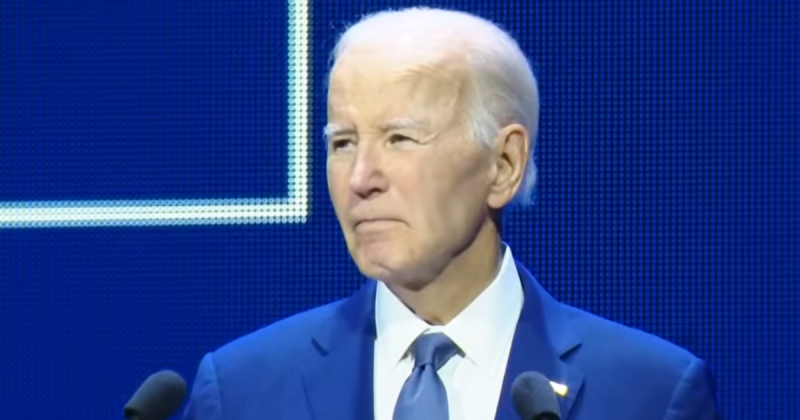Google, through its parent company Alphabet, disclosed to House Judiciary Committee Chairman Jim Jordan that senior Biden administration officials repeatedly pressured the company to remove COVID-19-related content, even when it did not violate platform rules.
In response, YouTube announced it will allow previously banned accounts to return, including creators removed for political speech or COVID-19 content—potentially restoring access for previously silenced conservative voices.
The company stressed that while it maintained independent policy enforcement, repeated government outreach sought to influence moderation decisions.
Alphabet described the pressure as “unacceptable” and emphasized its defense of free speech under the First Amendment.
Creators whose channels were removed under now-obsolete rules will have the opportunity to restore their accounts.
Prominent figures affected by prior bans include FBI Deputy Director Dan Bongino, White House adviser Sebastian Gorka and podcast host Steve Bannon, all removed in recent years for COVID-19 or election-related content.
Conservative critics argue these removals disproportionately targeted voices critical of the Biden administration, highlighting concerns that government pressure on tech platforms undermines the free flow of information.
Content creators responded immediately, according to The Post Millennial.
Tim Pool, host of TimcastIRL, requested YouTube restore a three-year-old episode featuring Alex Jones and Joe Rogan, previously removed for alleged “medical misinformation.”
Pool described the original takedown as questionable, underscoring ongoing frustration over inconsistent moderation practices that have left conservative voices disproportionately silenced.
Alphabet’s letter recognized the reach and influence of conservative creators, noting they “play an important role in civic discourse.”
The company said that political pressure from the Biden administration had created a climate attempting to steer platform enforcement—raising serious First Amendment concerns.
Google emphasized that the decision to restore accounts aligns with its commitment to allowing broader content expression on YouTube.
This revelation follows years of Republican-led congressional scrutiny of tech companies, including Google and Meta, for suppressing content related to COVID-19, election integrity and Hunter Biden.
Investigators documented tactics sometimes called “jawboning,” where government officials indirectly encouraged platforms to remove content, raising questions about the limits of executive influence over private companies, Fox News reports.
Meta similarly admitted government pressure in the past, ending its use of third-party fact-checkers following complaints that authorities were attempting to influence content moderation.
YouTube’s recent move to discontinue reliance on outside fact-checkers represents a broader rollback of prior censorship policies, signaling a shift toward prioritizing free expression on the platform.
Google also cited international regulatory pressures, warning that the European Union’s Digital Services Act and Digital Markets Act create “disproportionate burdens” for U.S.-based platforms.
The company noted that foreign laws could compel stricter moderation, potentially limiting free expression for American users and making it more difficult for content creators to operate freely.
The policy shift comes amid broader concerns about government influence over media platforms.
ABC temporarily suspended Jimmy Kimmel following comments about the assassination of Turning Point USA founder Charlie Kirk, and FCC Chairman Brendan Carr made statements hinting at potential regulatory consequences.
These actions reignited debate over the proper balance between government oversight and platform independence.
By reinstating previously banned accounts and loosening content restrictions, Google is signaling a significant pivot toward protecting free expression.
Conservative voices previously silenced by government pressure or internal moderation policies now have an opportunity to reclaim influence online, ensuring that platforms remain forums for open debate and discussion.

